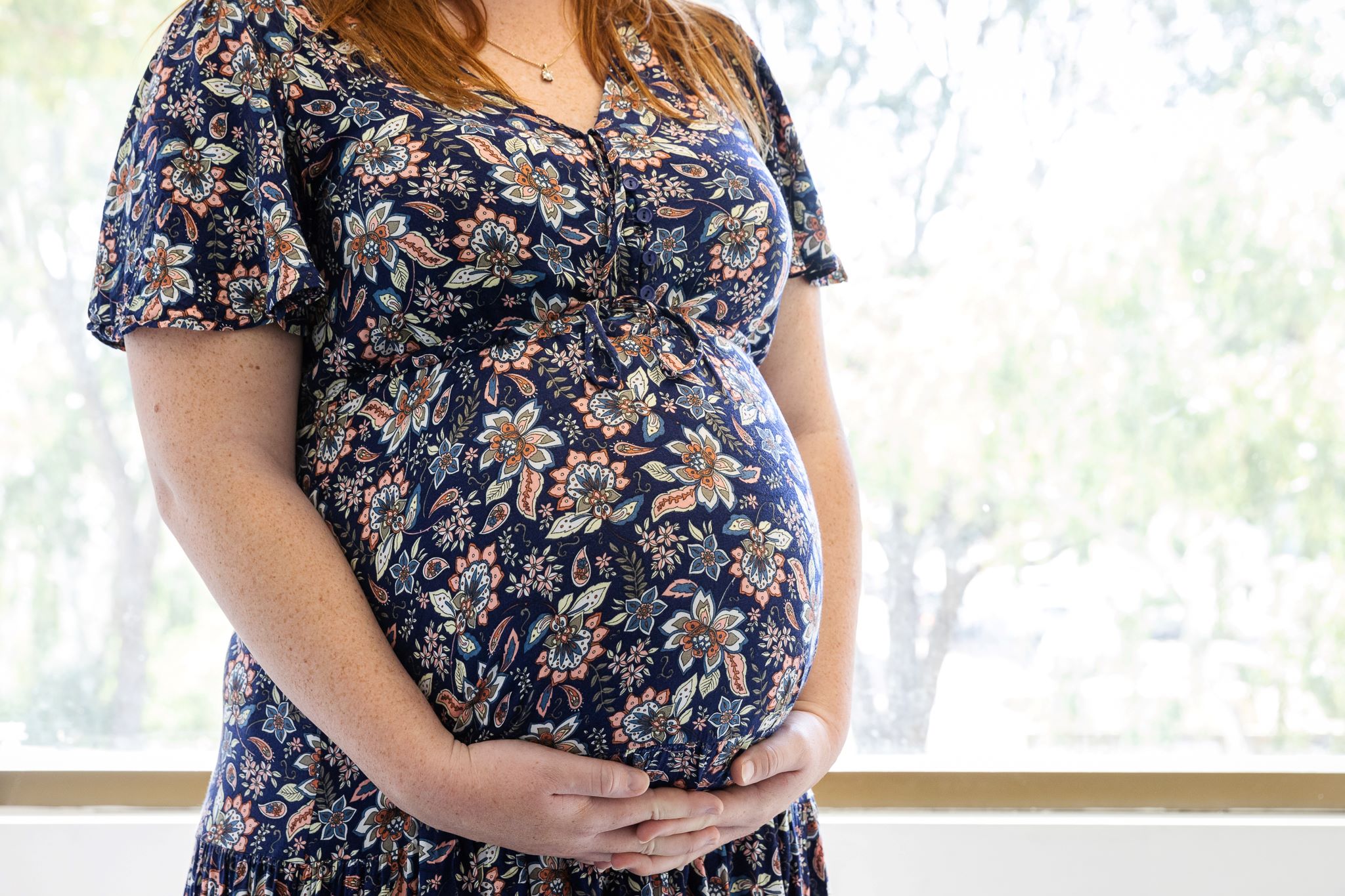Search

News & Events
Better Your BioMood: First Findings Published in Origins SubprojectFirst Findings Published in Origins Sub-Project

News & Events
ORIGINS Family Fun Day 2023Families gathered in the autumn sunshine to celebrate ORIGINS

News & Events
ORIGINS researchers investigating gut health’s link to allergiesWith up to one in four Australian children now affected by allergic diseases, the potential for the ORIGINS SYMBA Study to positively impact future lives is immense.

STress biOmaRKers in pregnant women
The Rio Tinto Children’s Diabetes Centre; a Breakthrough T1D Centre of Excellence at The Kids Research Institute Australia and Perth Children’s Hospital (PCH), is a global hub for research into type 1 diabetes (T1D) in children.
Our goal is to accelerate the dissemination and implementation of evidence-based models of care for children and young people living with Type 1 Diabetes.
Research
School AttendanceEach day of school missed makes a difference, with the effect on learning accumulating over time. From an early age, if children are taught that they need to 'show up' for school and make a commitment, this positive mentality aids academic and career success and brings benefits in adulthood.

In close partnership with Aboriginal Elders and community members in Western Australia's south-west, we created ‘Kaal Tackles Eczema’, a children’s book to help Aboriginal families manage eczema. Our research showed a high prevalence and need for culturally relevant resources. The book uses Noongar language and art to educate and reduce infections, and is available online and in schools.
Research
Vitamin D and SunlightIn a sunny country such as Australia, it’s important to identify how to achieve the right amount of sun exposure for good health. We need to be able to harness the benefits of vitamin D and sunlight while remaining protected from the proven dangers of too much UV radiation.
Research
Achieving cultural safety in genetic counseling for Aboriginal and Torres Strait Islander people in AustraliaGlobally, Indigenous people, including Aboriginal and Torres Strait Islander people in Australia, experience significantly poorer health outcomes than their non-Indigenous counterparts. In part, this can be attributed to the ongoing impacts of colonization, marginalization, and systemic discrimination. In the genomic healthcare era, Indigenous people remain underrepresented in public genetic health services, raising concerns about cultural competency and inclusivity within the genetic counseling profession.
